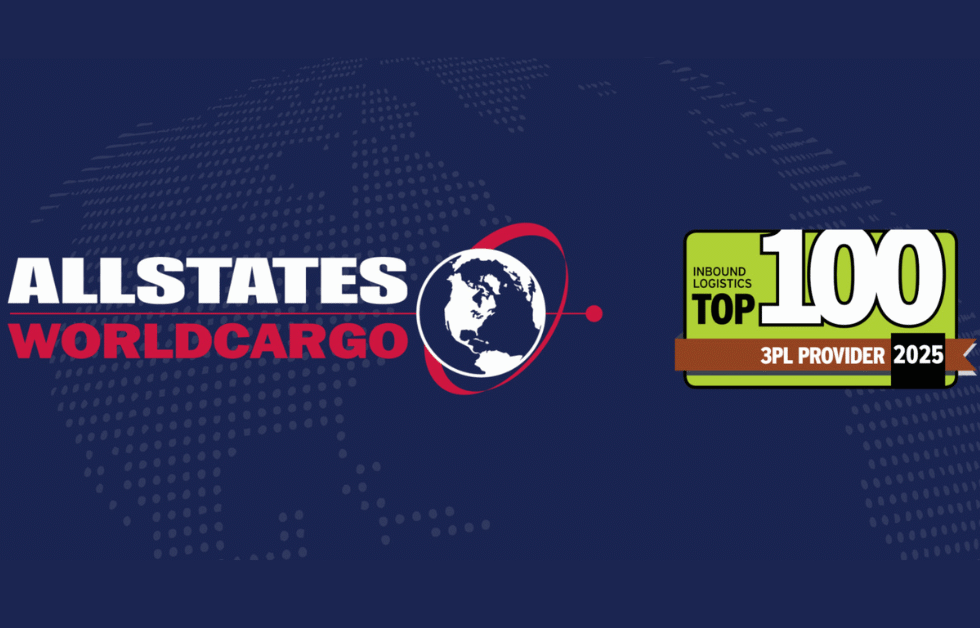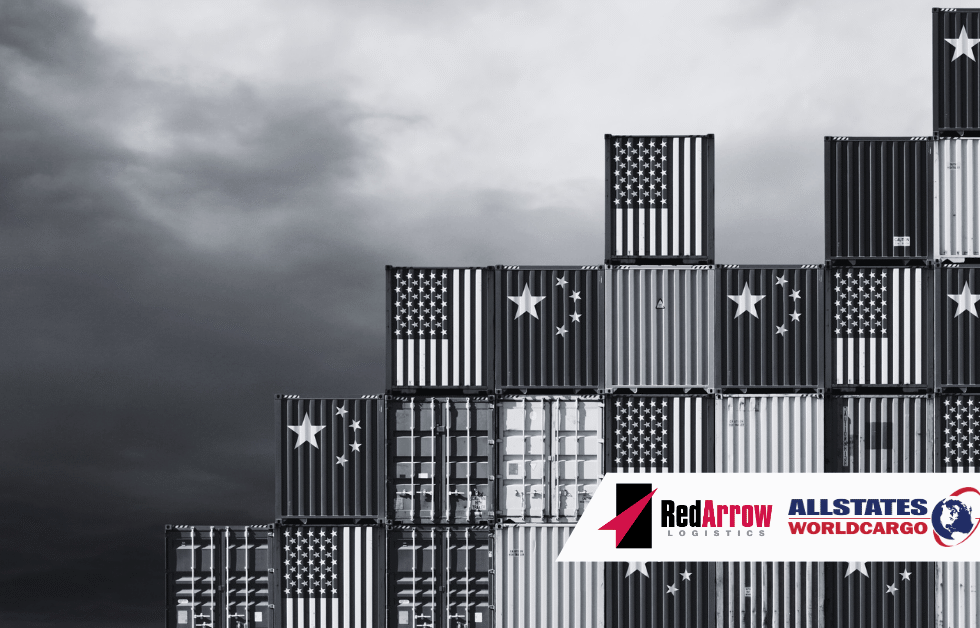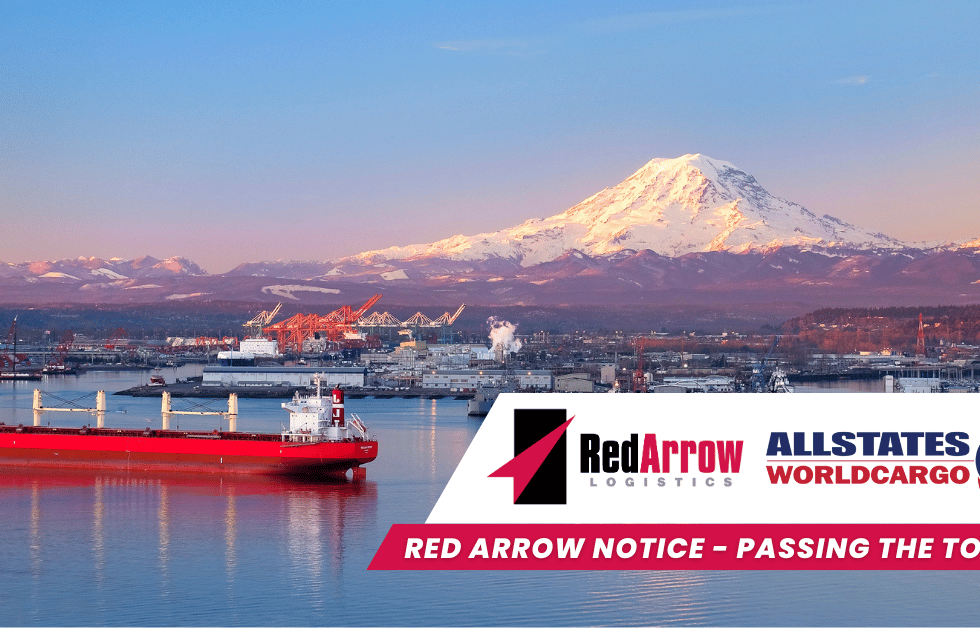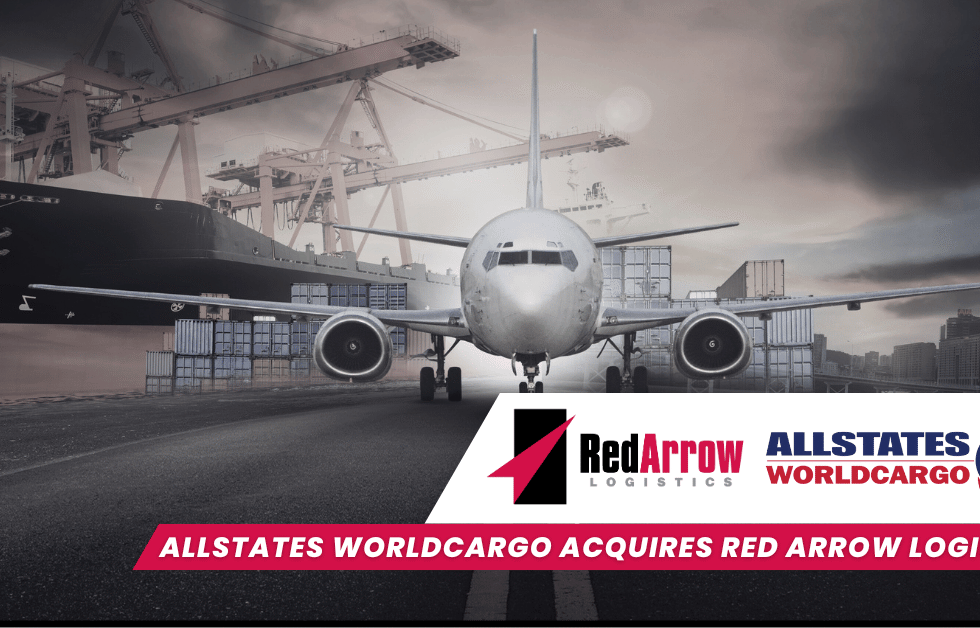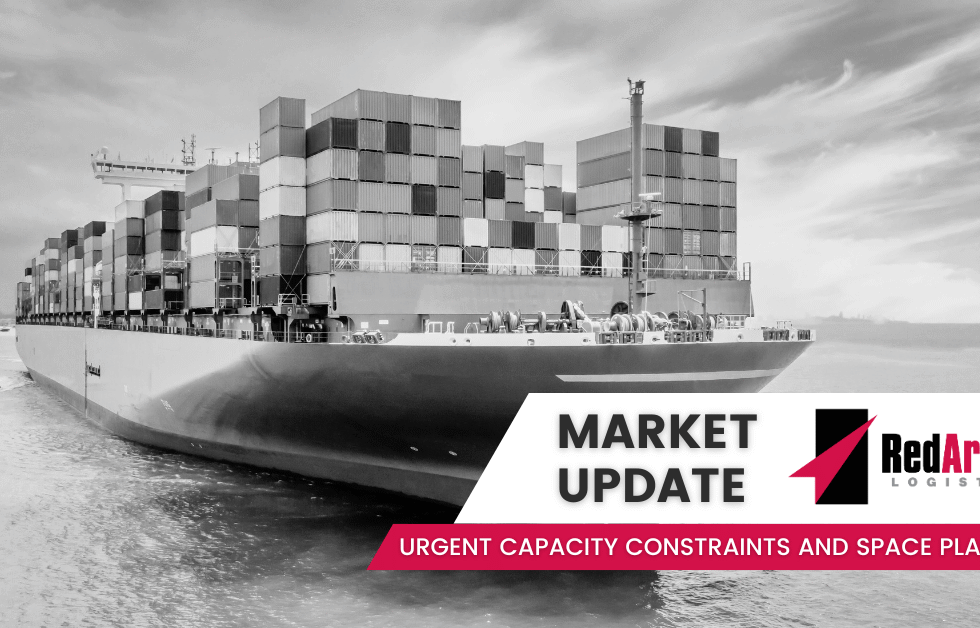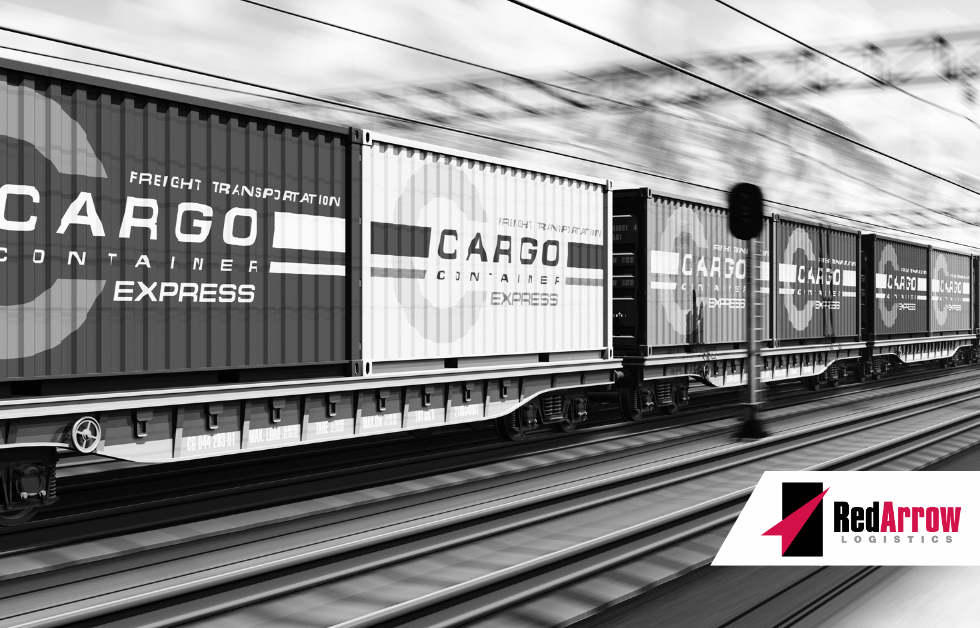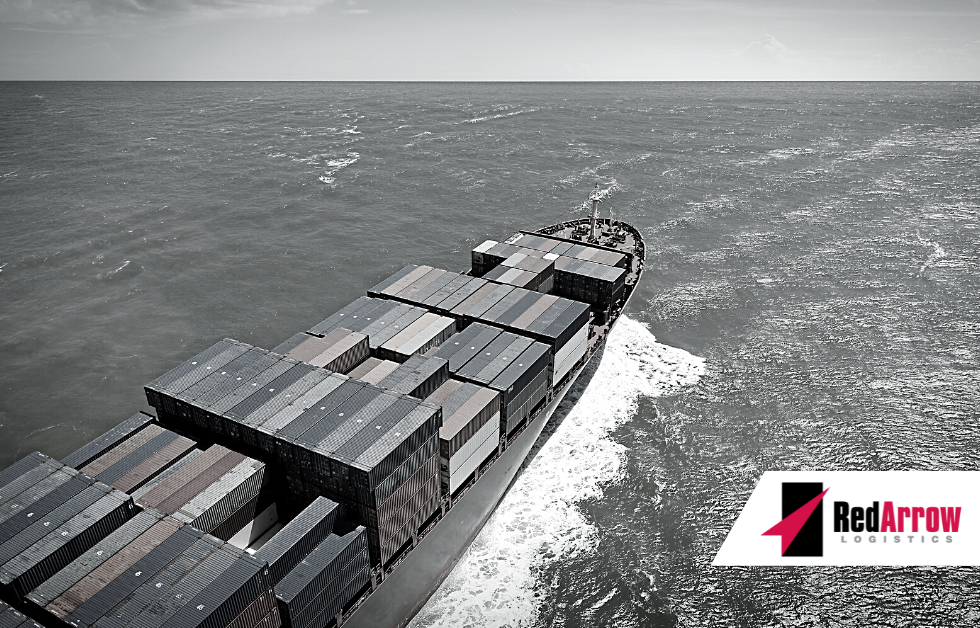We are excited to announce that our parent company, Allstates WorldCargo, a leader in global logistics and freight forwarding, has been included on Inbound Logistics’ 2025 list of Top 100 3PL Providers. The company’s inclusion on the list reflects its continued focus on growth, innovation, and customer success. The Inbound Logistics Top 100 3PL Providers […]
The global logistics market in July 2025 reflects cautious optimism amid volatility. Ocean freight faces oversupply and tariff-driven disruptions, while airfreight benefits from e-commerce demand but navigates regulatory shifts. Ground transportation contends with capacity constraints, and e-commerce continues to drive freight volumes. U.S. tariff policies are reshaping trade flows, requiring strategic adjustments. Supply chain resilience […]
On July 7, 2025, a coalition of over 160 trade associations, including the National Customs Brokers & Forwarders Association of America (NCBFAA), sent a compelling letter to the Office of the U.S. Trade Representative (USTR). The letter urged the USTR to reconsider its proposed actions under the Section 301 investigation into China’s efforts to dominate […]
To our valued suppliers, customers, and team members, As I reflect on the journey of our company over the past 22 years, I’m filled with immense gratitude for the support, trust, and dedication that has made our success possible. To our suppliers: thank you for your partnership and collaboration. To our customers: thank you for […]
Strategic acquisition of Seattle-based freight forwarder specializing in time-sensitive, high-value shipments further expands Allstates WorldCargo’s capabilities ORLANDO, Fla., / BUSINESSWIRE / — Allstates WorldCargo, a leader in global logistics and freight forwarding, today announced the acquisition of Red Arrow Logistics, a Seattle-based freight forwarder. This strategic acquisition strengthens Allstates WorldCargo’s footprint in the Pacific Northwest […]
Empowering Your Team for Success In today’s fast-moving logistics world, it’s easy to get caught up in automation and cutting-edge tech. But behind every smooth shipment and efficient process is something just as critical: our people. At Red Arrow Logistics, we know our true strength comes from the dedicated team members who keep things moving […]
In today’s landscape of constant disruption from changing tariffs, geopolitical conflicts, natural disasters, to ongoing trade disputes, the need for resilient supply chains has never been more evident. These challenges have exposed critical vulnerabilities, underscoring the importance of agility and preparedness. Partnering with a third-party logistics (3PL) provider is a strategic move that can strengthen […]
The recent tentative trade agreement between the U.S. and China, pausing the escalation of tariffs, offers a moment of cautious optimism for the logistics industry. While this development may ease some immediate pressures, companies must continue adapting their supply chain strategies to navigate ongoing uncertainties. Previously, supply chains were optimized for cost, but tariffs and […]
In today’s fast-paced logistics landscape, businesses are under constant pressure to reduce costs, improve delivery times, and maintain reliability. Intermodal freight, combining multiple modes of transportation like rail, truck, and sometimes ocean or air, offers a powerful solution for shippers looking to balance these demands. However, unlocking the full potential of intermodal shipping requires a […]
One of the biggest topics in the logistics world this month is how the latest round of tariff increases will impact the industry — and the global supply chain at large. With the U.S. imposing new tariffs on a wide range of Chinese imports, and China signaling potential retaliatory measures, the risk of a renewed […]

